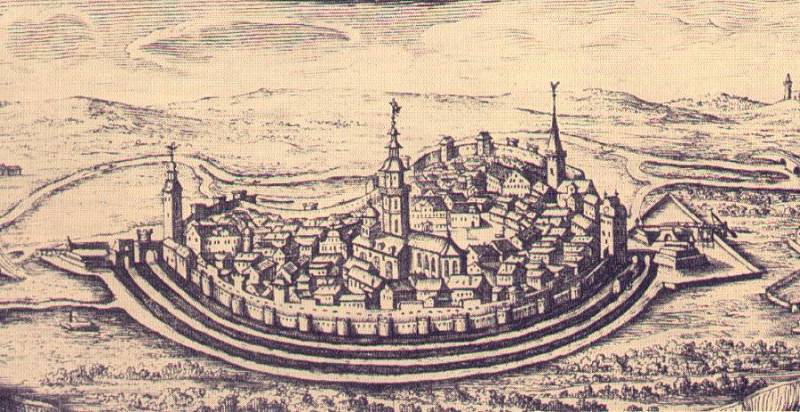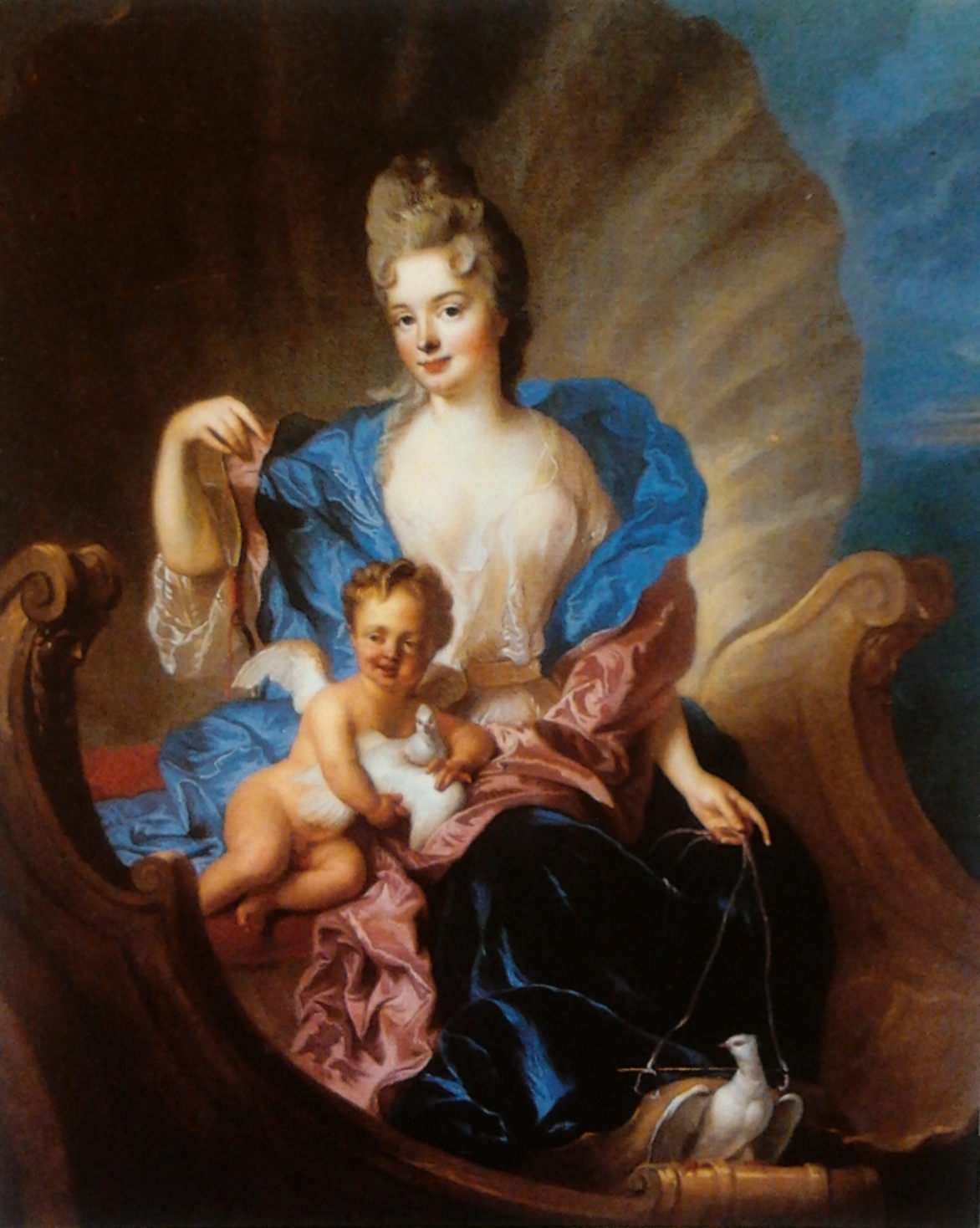|
Marieluise Claudius
Marie Luise Claudius (6 January 1912 – 2 August 1941) was a Germans, German actress. Claudius was the daughter of the court actor and writer Erich Claudius and the actress Lisbeth Reschke. During her childhood, she appeared several times on the stage of the Meininger Theater. Her first engagement was in 1932 in Düsseldorf. At the age of 29 years she died of heart failure and was buried in the New Cemetery Wannsee in Berlin. Her grave has since been lost. Filmography * ''Ripening Youth (1933 film), Ripening Youth'' (as Christa von Borck, a high schooler) (1933) * ''The Lost Valley'' (as Verena Stettler, daughter) (1934) * ''The Voice of Love (film), The Voice of Love'' (as Zenzi (as Marie Luise Claudius) (1934) * ''Trouble with Jolanthe'' (as Sophie, her sister) (1934) * ''Peer Gynt (1934 film), Peer Gynt'' (as Solveig) (1934) * ''The Valley of Love (1935 film), The Valley of Love'' (as Lisbeth) (1935) * ''The Red Rider (1935 film), The Red Rider'' (as Etelka, her daughter) ( ... [...More Info...] [...Related Items...] OR: [Wikipedia] [Google] [Baidu] |
Meiningen
Meiningen () is a town in the southern part of the state of Thuringia, Germany. It is located in the region of Franconia and has a population of around 26,000 (2024)." target="_blank" class="mw-redirect" title="City of Meiningen, citizen service">City of Meiningen, citizen service Jahresrückblick 2021 (year review), PDF (4,4 MB). Meiningen is the capital and the largest town of the Schmalkalden-Meiningen district. From 1680 to 1920, Meiningen was the capital of the Duchy (and briefly of the Free State) of Saxe-Meiningen. Meiningen is considered the cultural, judicial and financial centre of southern Thuringia and thus hosts the state theatre, justice center, state archives, bank buildings and many museums. It is economically reliant on mechanical engineering, high-tech industry and tourism. The dialect ... [...More Info...] [...Related Items...] OR: [Wikipedia] [Google] [Baidu] |
The Old And The Young King
''The Old and the Young King'' (German: ''Der alte und der junge König'') is a 1935 German historical drama film directed by Hans Steinhoff and starring Emil Jannings, Werner Hinz and Leopoldine Konstantin. The film's sets were designed by the art directors Fritz Maurischat and Karl Weber. It was produced by a subsidiary of Tobis Film. Location shooting took place around Potsdam, including at the Garrison Church. Interiors were shot at the Grunewald and Johannisthal Studios. It premiered at the Ufa-Palast am Zoo. Part of the tradition of Prussian films of the Weimar and Nazi eras, the film ostensibly deals with the intense conflict between Prussian King Friedrich Wilhelm I and his son and heir, Crown Prince Friedrich – the future King Friedrich II "The Great". This well-known incident of 18th century German history drew much contemporary attention and subsequently inspired a number of works of art and entertainment, including various stage and screen productio ... [...More Info...] [...Related Items...] OR: [Wikipedia] [Google] [Baidu] |
1941 Deaths
The Correlates of War project estimates this to be the deadliest year in human history in terms of conflict deaths, placing the death toll at 3.49 million. However, the Uppsala Conflict Data Program estimates that the subsequent year, 1942, was the deadliest such year. Death toll estimates for both 1941 and 1942 range from 2.28 to 7.71 million each. Events Below, the events of World War II have the "WWII" prefix. January * January– August – 10,072 men, women and children with mental and physical disabilities are asphyxiated with carbon monoxide in a gas chamber, at Hadamar Euthanasia Centre in Germany, in the first phase of mass killings under the Aktion T4 program here. * January 1 – Thailand's Prime Minister Plaek Phibunsongkhram decrees January 1 as the official start of the Thai solar calendar new year (thus the previous year that began April 1 had only 9 months). * January 3 – A decree (''Normalschrifterlass'') promulgated in Germany by Martin ... [...More Info...] [...Related Items...] OR: [Wikipedia] [Google] [Baidu] |
1912 Births
This year is notable for Sinking of the Titanic, the sinking of the ''Titanic'', which occurred on April 15. In Albania, this leap year runs with only 353 days as the country achieved switching from the Julian to Gregorian Calendar by skipping 13 days. Friday, 30 November ''(Julian Calendar)'' immediately turned Saturday, 14 December 1912 ''(in the Gregorian Calendar)''. Events January * January 1 – The Republic of China (1912–49), Republic of China is established. * January 5 – The Prague Conference (6th All-Russian Conference of the Russian Social Democratic Labour Party) opens. * January 6 ** German Geophysics, geophysicist Alfred Wegener first presents his theory of continental drift. ** New Mexico becomes the 47th U.S. state. * January 8 – The African National Congress is founded as the South African Native National Congress, at the Waaihoek Wesleyan Church in Bloemfontein, to promote improved rights for Black people, black South Africans, with Joh ... [...More Info...] [...Related Items...] OR: [Wikipedia] [Google] [Baidu] |
German Stage Actresses
German(s) may refer to: * Germany, the country of the Germans and German things **Germania (Roman era) * Germans, citizens of Germany, people of German ancestry, or native speakers of the German language ** For citizenship in Germany, see also German nationality law **Germanic peoples (Roman era) * German diaspora * German language * German cuisine, traditional foods of Germany People * German (given name) * German (surname) * Germán, a Spanish name Places * German (parish), Isle of Man * German, Albania, or Gërmej * German, Bulgaria * German, Iran * German, North Macedonia * German, New York, U.S. * Agios Germanos, Greece Other uses * German (mythology), a South Slavic mythological being * Germans (band), a Canadian rock band * "German" (song), a 2019 song by No Money Enterprise * ''The German'', a 2008 short film * "The Germans", an episode of ''Fawlty Towers'' * ''The German'', a nickname for Congolese rebel André Kisase Ngandu See also * Germanic (di ... [...More Info...] [...Related Items...] OR: [Wikipedia] [Google] [Baidu] |
Ein Robinson
''A German Robinson Crusoe'' () is a 1940 German drama film directed by Arnold Fanck and starring Herbert A.E. Böhme, Marieluise Claudius, and Claus Clausen. Written by Arnold Fanck and Rolf Meyer, the film is a modern-day Robinson Crusoe story about a man so angry about the post-World War I conditions in Weimar Germany that he voluntarily goes to live on a desert island. The film was shot partly on location in South America. Plot During World War I, the German cruiser SMS ''Dresden'' is attacked by British ships off the coast of Chile. The crew manage to abandon ship before it sinks. They make their way to an isolated island where they are taken prisoner. After spending three years in custody, the sailors manage to escape and make their way back to Germany, intending to continue fighting for their Fatherland. When they arrive, however, they encounter a different Germany from the one they left behind—one where they are ridiculed and attacked by mutineers. One of the retu ... [...More Info...] [...Related Items...] OR: [Wikipedia] [Google] [Baidu] |
Schatten über St
Schatten is the German word for shadow A shadow is a dark area on a surface where light from a light source is blocked by an object. In contrast, shade occupies the three-dimensional volume behind an object with light in front of it. The cross-section of a shadow is a two-dimensio .... Schatten may also refer to: People * Gerald Schatten, a US stem cell researcher * Robert Schatten, a Polish mathematician Arts * Schatten – Eine nächtliche Halluzination, a German silent film {{disambig ... [...More Info...] [...Related Items...] OR: [Wikipedia] [Google] [Baidu] |
The Man Who Was Sherlock Holmes
''The Man Who Was Sherlock Holmes'' (German: ''Der Mann, der Sherlock Holmes war'') is a 1937 German mystery comedy film directed by Karl Hartl and starring Hans Albers, Heinz Rühmann and Marieluise Claudius. The film's sets were designed by the art director Otto Hunte and Willy Schiller. It was shot at the Babelsberg Studios in Berlin. Plot Detective Morris Flynn (Hans Albers) and his assistant Macky McMacpherson (Heinz Rühmann), masquerading as Sherlock Holmes and Dr Watson, investigate two attractive sisters, Mary and Jane Berry, and the theft and forgery of valuable postage stamps. Reception ''Lexikon des Internationalen Films'' calls it a swinging, lively comedy. Albers and Rühmann were two longtime major stars of German cinema and are still known for the main song in this movie, ''Jawoll, meine Herr'n''. Release ''The Man Who Was Sherlock Holmes'' was released on DVD The DVD (common abbreviation for digital video disc or digital versatile disc) is a di ... [...More Info...] [...Related Items...] OR: [Wikipedia] [Google] [Baidu] |
Anna Constantia Von Brockdorff
Anna Constantia von Brockdorff (17 October 1680 – 31 March 1765), later the Countess of Cosel, was a German lady-in-waiting and noblewoman, and mistress of Augustus the Strong, King of Poland and Elector of Saxony, in 1706–1713. Eventually he turned against her and exiled her to Saxony, where she died after 49 years of internal exile. Life Anna Constantia was born in Gut Depenau, today part of Stolpe, Holstein, the daughter of the Knight ('' Ritter'') Joachim von Brockdorff (1643–1719) and his wife, Anna Margarethe Marselis (1648-1736), grand-daughter of the rich Hamburg citizen Gabriel Marselis, owner of Gut Depenauborn. The Brockdorffs belonged to the ''Equites Originarii'' (ancient knightly noble families) and gave their daughter an unusual education for that time: she learned several languages, received instruction in mathematics and classical education, including music (lute in particular) and passionately loved to hunt. However, her impetuous behavior worried ... [...More Info...] [...Related Items...] OR: [Wikipedia] [Google] [Baidu] |
Augustus The Strong (film)
''Augustus the Strong'' () is a 1936 German-Polish biographical film directed by Paul Wegener and starring Michael Bohnen, Lil Dagover, and Marieluise Claudius. The film depicts the life of Augustus the Strong, the Eighteenth Century ruler of Saxony and Poland. It was partly shot at the Grunewald Studios in Berlin. The film's sets were designed by the art director Art director is a title for a variety of similar job functions in theater, advertising, marketing, publishing, fashion, live-action and animated film and television, the Internet, and video games. It is the charge of a sole art director to supe ...s Karl Machus and Ludwig Reiber. Production A multiple-language version was made in Polish, directed by Stanisław Wasylewski and featuring a Polish cast. Another Polish-German co-production '' Adventure in Warsaw'' was produced the following year. Cast See also *'' The King's Prisoner'' (1935) References Bibliography * * Bock, Hans-Michael . ''Die Tobis 19 ... [...More Info...] [...Related Items...] OR: [Wikipedia] [Google] [Baidu] |



